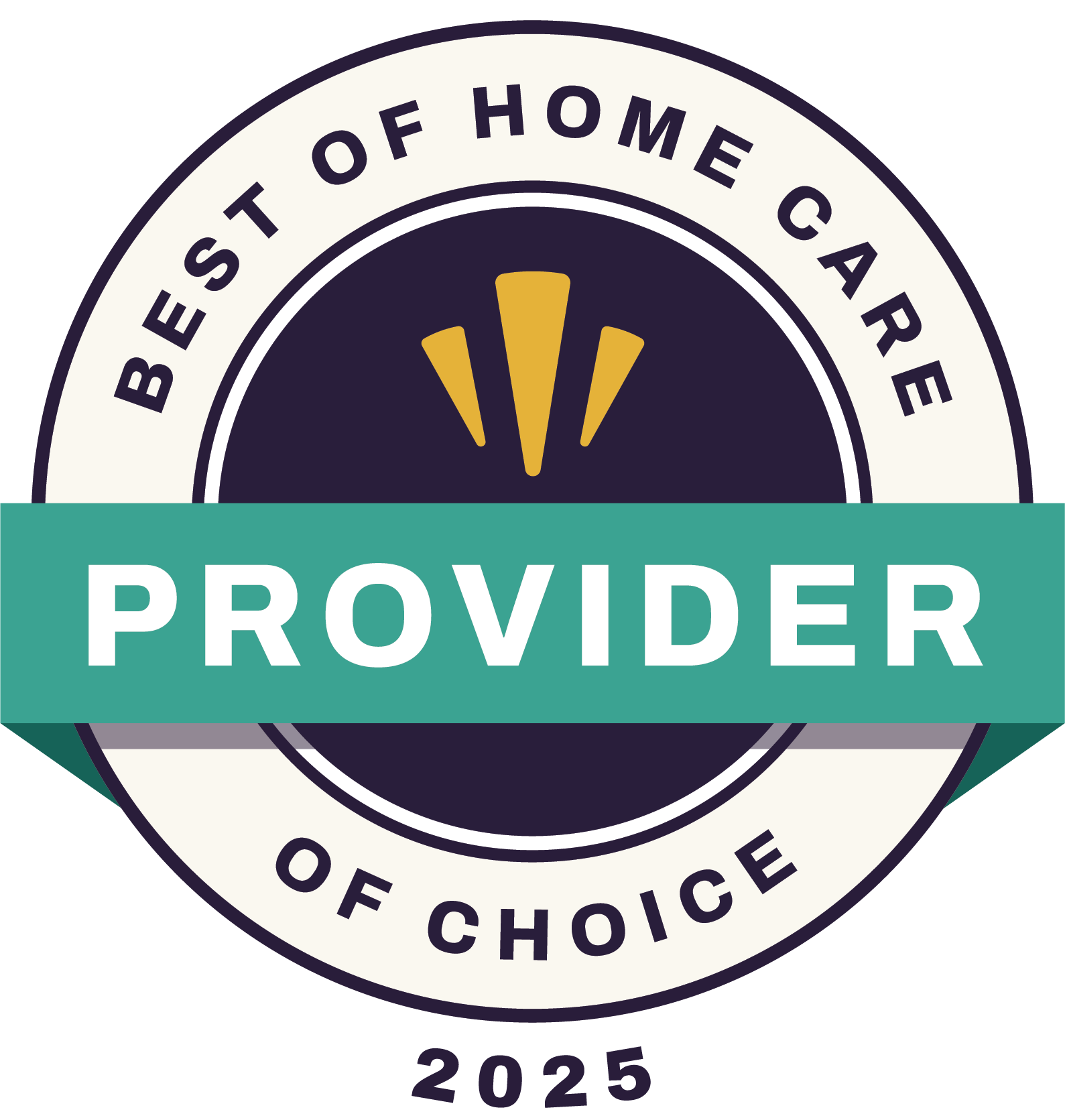Seven Sleep Tips for Seniors
Seniors need to sleep well and awaken refreshed. This is necessary to improve concentration, memory, and physical capabilities. Sleep allows the body to repair cells to build new ones. All muscles, including the heart, relax. Eight hours of sleep is one of the recommended sleep tips for most people, including seniors.
Many older adults experience insomnia caused by medical conditions including sleep apnea. These problems are usually treatable. Many people use continuous positive airway pressure (CPAP) machines that regulate the flow of air to the nose and throat to control sleep apnea.
Melatonin and other products can now be offered over-the-counter to assist with sleep. There are many ways seniors can sleep peacefully with or without the aid of medications.
Seven Sleep Tips for Seniors
1. Develop a Bedtime Routine and Sleep Schedule
Establish a regular bedtime routine that includes relaxation. Take a warm bath or shower. Read, using the blue shade if you are reading from an electronic device. This lowers the blue light with a soft tan for print and a light but not bright background. Keep lighting in the bedroom low, as well.
You may prefer to listen to relaxing music. You can listen to sounds of rain, the ocean, waterfalls, streams, or wind in the trees on different devices.
Your bedroom should always be quiet, even if you are listening to music or calming sounds.
2. Establish a Sleep Schedule
Try to go to bed at the same time each night and awaken in the morning around the same time.
This may have been an established routine for people when they worked. Many seniors have retired and do not realize the benefits of their previous workday sleep routine. Others keep the habit of going to bed at the same time. You do not have to set an alarm however, just wake up naturally.
3. Choose a Comfortable Room Temperature
Keep your bedroom at the same comfortable temperature all year. You may need the heater or air conditioner during certain seasons. You may be able to keep a window open for fresh air circulation during the year. Clean, fresh air is an aid to relaxation.
4. Regulate Eating Times
Avoid eating large meals less than three hours before bedtime. A healthy diet will help you sleep better and avoid indigestion. Try not to nibble and nosh before bedtime.
Avoid drinks that contain caffeine late in the evening. Alcohol will not help you sleep better. It may, in fact, keep you awake and even cause digestive problems.
5. Do Not Take Naps Late in the Afternoon
An early afternoon nap may be okay if you are tired.
6. Exercise
This can include physical therapy for seniors, group exercises, walking, golf or other activities. A walk after dinner when the weather is pleasant is a good way to relax prior to bedtime and aid your digestion. Strenuous exercise is not recommended before bedtime.
7. Never Smoke in Bed!
Smoking is not recommended before bedtime or at any time. Nicotine is a stimulant that can cause insomnia.
Sleep Tips for Those With Medical Issues and Sleep Disorders
Seniors can experience restless leg syndrome that can keep them awake. This includes a tingling sensation in the feet and legs. Periodic limb movement is another disorder that results in kick and jerk movements during sleep. Medication can be prescribed for these conditions.
Alzheimer's Disease and other forms of dementia can create a different set of sleep problems. Patients with these conditions either sleep more than eight hours a day or have trouble sleeping. Special caregivers may assist with this problem. Doctors can also prescribe medication to help Alzheimer's patients rest.
Find More Sleep Tips for Seniors
Elite Home Health Care has trained caregivers who will work with families who care for seniors in their homes. Trained caregivers can help bathe patients and assist with their meals and bedtime needs. Contact us for information on assisting seniors and others in their homes. We serve New York City, Buffalo, Rochester, and Batavia.
Written by: Leah Ganz
Leah Ganz, RN, BSN is the Director of Patient Services at Elite Home Health Care. She has an extensive background in homecare and previously worked in various specialties including pediatrics, pain managemnet and internal medicine. She oversees allpatient services across Elite's departments.



